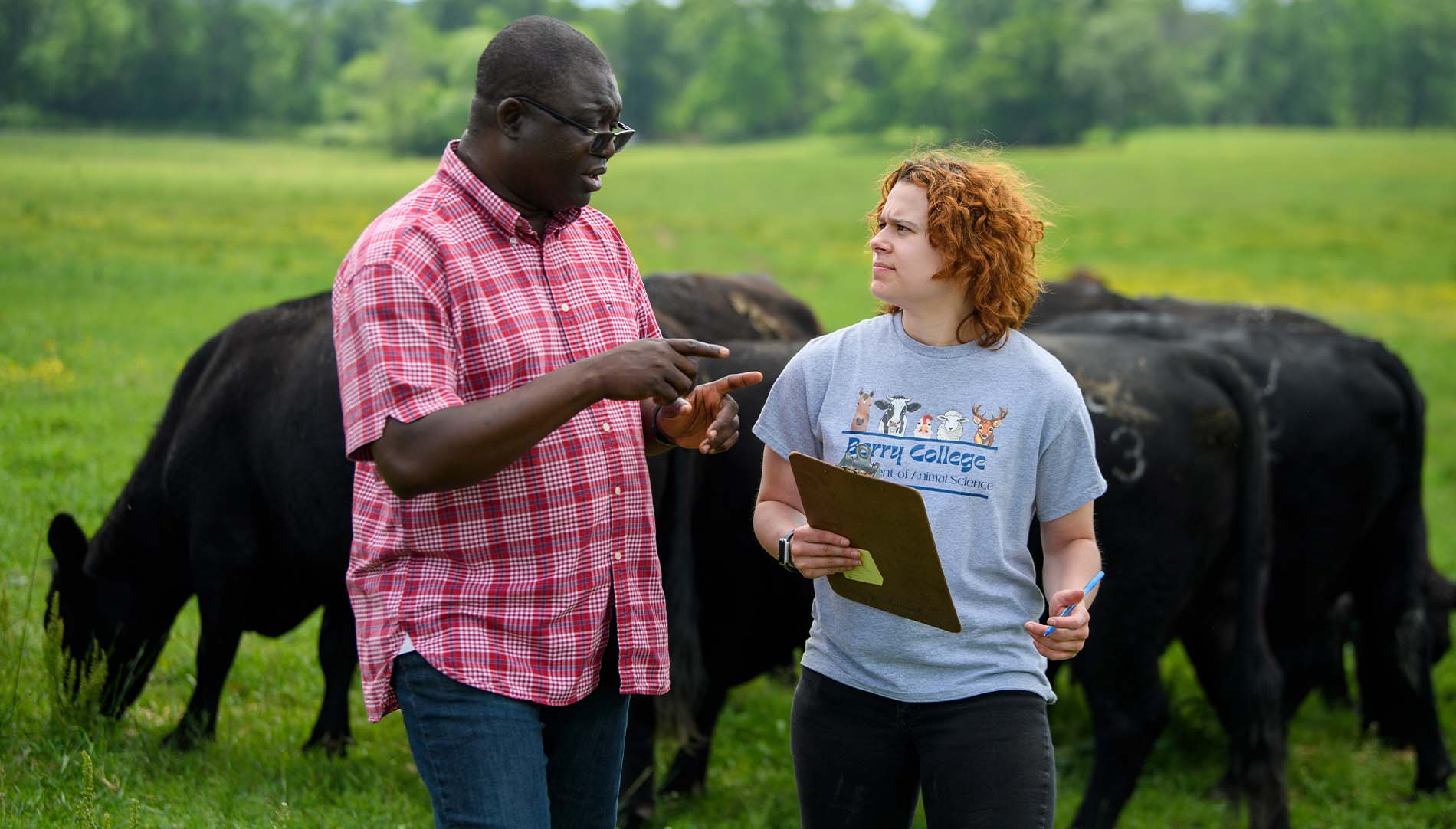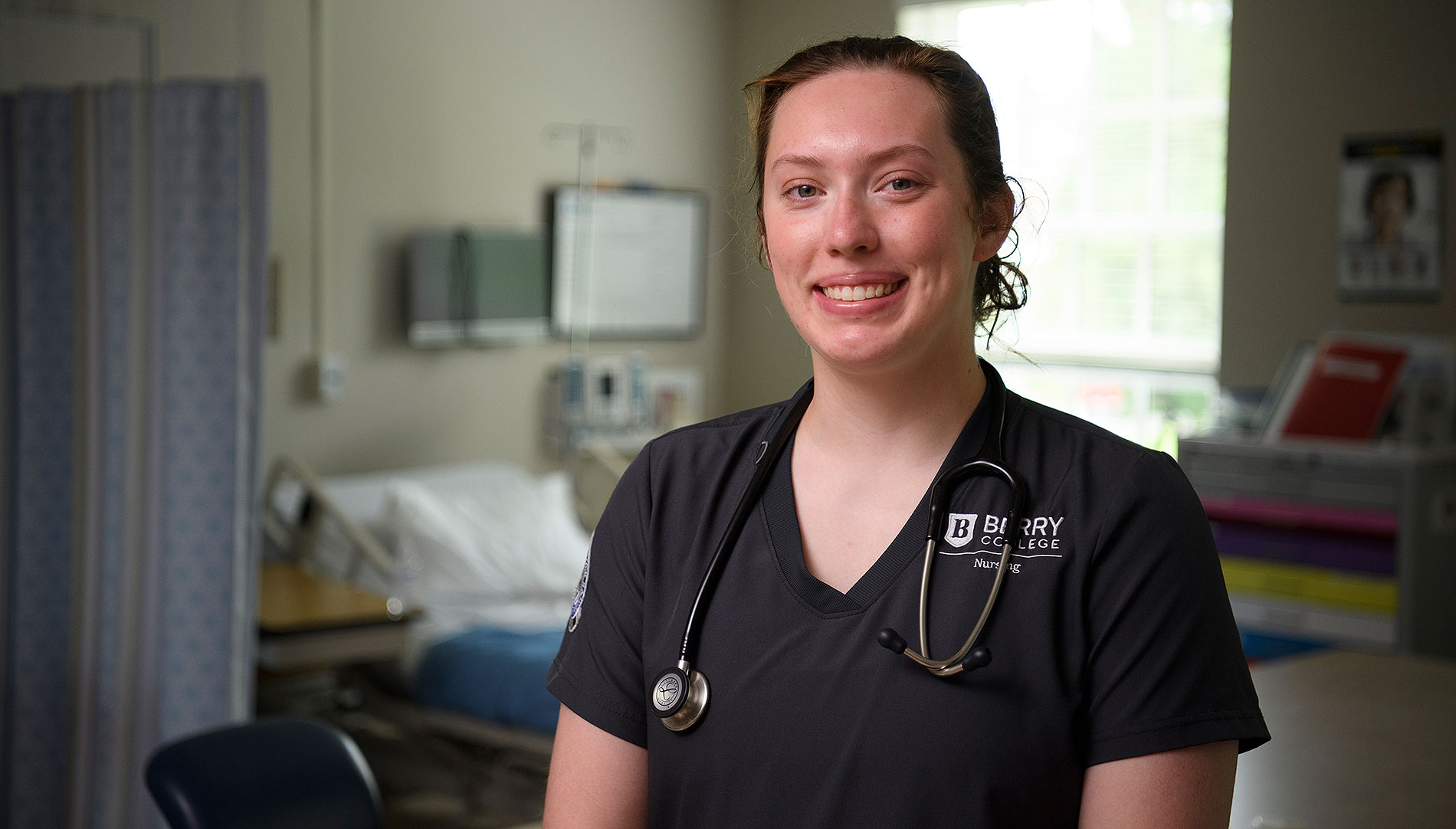Are you a nursing student or considering a nursing degree in college? This article will give an overview of nursing education and what to consider when choosing a nursing specialty. Unlike some other medical careers, nursing is a flexible field. Once someone is a licensed nurse in their state, they can change specialties or units throughout their career. Looking to choose the specialty that might fit your personality? Continue reading to discover how a nursing degree prepares undergraduates to decide on the right specialty.
WHAT IS A SPECIALTY?
A specialty is a specific area of nursing that licensed nurses choose to move toward once they become registered nurses (RNs). There are two ways to specialize as a nurse. The first group of nursing specialties is made up of possible units where a graduate with a bachelor’s degree may work. For example, a nurse can work in the ICU or labor and delivery, and as they gain more experience, they specialize in that care. The second group of specialties requires a higher level of training. Nursing jobs, like being a certified registered nurse anesthetist or a nursing administrator, require more certifications and graduate-level work.
PREPARED AS A GENERALIST
Nursing students are trained to handle a variety of environments and problems. Undergraduates are often required to complete two years of liberal arts education before they apply to nursing school within their college.
Carolyn Reilly, director of the division of nursing at Berry College, explains: “The most appropriate course of undergraduate nursing education is a liberal arts education. Nurses need to be well-rounded, and a liberal arts education provides this background. In these first years, nursing students also receive the prerequisites they need like anatomy, physiology, nutrition, psychology and microbiology.”
These prerequisites act as the building blocks for nursing education, but a liberal arts education also equips students with soft career skills that are not necessarily the focus of the final two years of concentrated nursing content. For example, required communications and writing courses give nursing students confidence in their bedside manner and ability to educate patients and families about their care. Similarly, other courses such as economics, psychology, sociology and political science hold the pieces to building critical thinkers and strong problem-solvers before students focus solely on nursing content. Having a strong core curriculum sets up nursing students to be curious, lifelong learners.
Next, nursing students are accepted to the two-year nursing program within their college. These two years of concentrated nursing work include classroom learning, lab work and clinical experience in hospitals, offices or home care. The curriculum is also built in a way where students are exposed to every type of care from pediatrics to palliative care. They also experience the nursing environment and work with complex manikins to simulate care situations in their labs. Today, manikins have heartbeats, talk and can even simulate birth.
During the summer between junior and senior years, undergraduate students are often encouraged to have an externship experience in a unit or specialty they are considering post-graduation. This opportunity gives students more dedicated hands-on experience in a particular unit. It can be a big step to move from several clinical hours during the undergraduate degree to working long days in a certain unit. The externship can be a good transition for those close to graduation.
In the spring of senior year, students have a longer clinical experience in a certain area. At this point, students are required to choose a preferential area. During the decision process, faculty members encourage students to reflect on their prior undergraduate experiences with registered nurses in those specific areas.
AFTER GRADUATION
Following graduation, nursing graduates sit for the National Council Licensure Examination (NCLEX) to become licensed nurses in a certain state. At this point, licensed nurses are still generalists.
“One of the best things about being a nurse is your career can change and flex as you grow,” says Ashleigh Woods, clinical assistant professor of nursing at Berry College. “Nursing is versatile. Unlike other professions, as a nurse, you can specialize in ICU medicine, but then after a few years, you can become a specialist in another area.”
Thinking about this flexibility, Reilly strongly encourages her graduates to consider jobs with residency programs. If a residency program is not available, she suggests beginning in a medical/surgical unit as a new graduate. This area can grow one’s confidence as a newly licensed nurse.
Reilly notes, “In medical or surgical units, new nurses get a strong base of skills that they can build upon. Keep in mind, new nurses are not only strengthening their skills, but they are also learning to assess patients and practicing their bedside manner.”
Agreeing with Reilly that students could specialize later, Woods adds: “Nursing is a career that allows exploration because nurses are never stuck in one area, but it does require nurses to be lifelong learners. This concept is built into nursing education from the beginning because nurses will always have new protocols, new medicines, etc.”
The director of a hospital nurse residency program in Rome, Georgia, expresses it another way: “Many times the right unit is less about the type of patient a new graduate is caring for and more about what their support system looks like as a new nurse. They are in a place of learning, and there will be so many questions. For new graduates, we consider which unit will give this person the most support. Where do they feel like they fit in? From a relationship with management or with a team, does this new nurse feel supported and empowered?”
In other words, both nursing faculty and nursing education experts in clinical settings encourage growing self-confidence as a new nurse and then taking the steps to further specialize. In this space of growth, here are some aspects of the work to reflect on:
Job setting: What environment helps you thrive? Nursing does not just happen in a hospital. Do you prefer different hours? Different spaces or places? How does the pacing fit your manner of care?
Job market: Nurses are in demand everywhere, but where are you licensing? Is this where you want to live? If you do have a certain specialty in mind, is there demand or availability in your area?
Job growth: Do you see lots of areas for opportunity and change? If you want more education or certification in the future, does this experience help or hinder that growth?
Job fit: Do you like interacting with this type of team? How well do you connect with this patient population, and how important is that to you?
TOP-PAYING SPECIALTIES
Many of the highest-paying nurse specialties require degrees beyond a bachelor’s degree. Still, there may be specialties that the public is less familiar with but that may be options for nurses with only a bachelor’s degree. Some may require extra credentialing, but not a full degree. Here are a few of the top paying specialties that do not require a full degree on top of a bachelor’s degree, according to research and insights from PayScale Inc.:
ICU/trauma nurses work with life and death daily. They help care for patients in critical conditions, but they are required to receive special credentialing to learn how to properly stabilize traumatized patients. This work also often includes wound care, emergency medications and procedures, and knowledge to operate equipment such as defibrillators.
Pain management nurses help with chronic pain or pain after surgery. They must educate patients about medications while also making sure they know the cause of pain and figure out how best to treat it.
Travel nurses move between health-care facilities across the country, sometimes even internationally, to fill staffing needs. Travel RNs may specialize or use different general duties depending on the facility. Sometimes travel nurses are self-employed. Others are placed through an agency and take nursing contracts anywhere from one month to two years.
Informatics nurses are trained in information technology and nursing. They manage health-care data and integration between health-care providers to help provide high-quality care. Although this job does not require a master's degree, some degrees can make a nurse more qualified. There are also some special certifications that nurses receive in this area. If a student is interested in data at the undergraduate level, it might be worth looking into a dual major.
Dialysis nurses operate equipment that cleans a patient's blood. They also assess patients’ vital signs and educate patients about follow-up medications and care. Sometimes these nurses are required to receive a master’s degree as they move up in their careers.
Oncology nurses oversee care for cancer patients. They administer chemotherapy and continue before and after care. Oncology nurses are also charged with helping cancer patients feel comfortable in the treatment setting. Extra credentialing is sometimes required in this field beyond a bachelor’s degree.
Neonatal nurses work in infant intensive care units. Babies in the neonatal unit may include those born premature and those born with other concerns or birth defects.
Acute care nurses provide treatment to patients needing care in acute situations such as heart attacks or complications from illnesses such as diabetes.
Geriatric nurses are trained specially to help the aging population. As that group grows with the baby boomer generation, the demand for this type of nurse is high. This job can also require very physical work, and it can require coordination with primary care physicians and social workers who are also helping to care for patients.
Pediatric nurses use a wide variety of skills as they work with a rapidly changing population — children from the newborn stage to adolescence. From dealing with serious illnesses to helping complete routine check-ups, pediatric nurses need to be nurses who are comfortable being in the role of both educator and comforter.
With specialty flexibility and lots of room for growth, nursing is a career field worth exploring. According to the Bureau of Labor Statistics, the median income for a registered nurse as of 2021 was $77,600. All types of nurses are in demand as the health-care industry grows at a rapid pace and nursing shortages continue. If you have specific questions about undergraduate nursing programs, connect with an admissions counselor at the colleges you are considering to receive more details about individual schools’ nursing opportunities and experiences.



